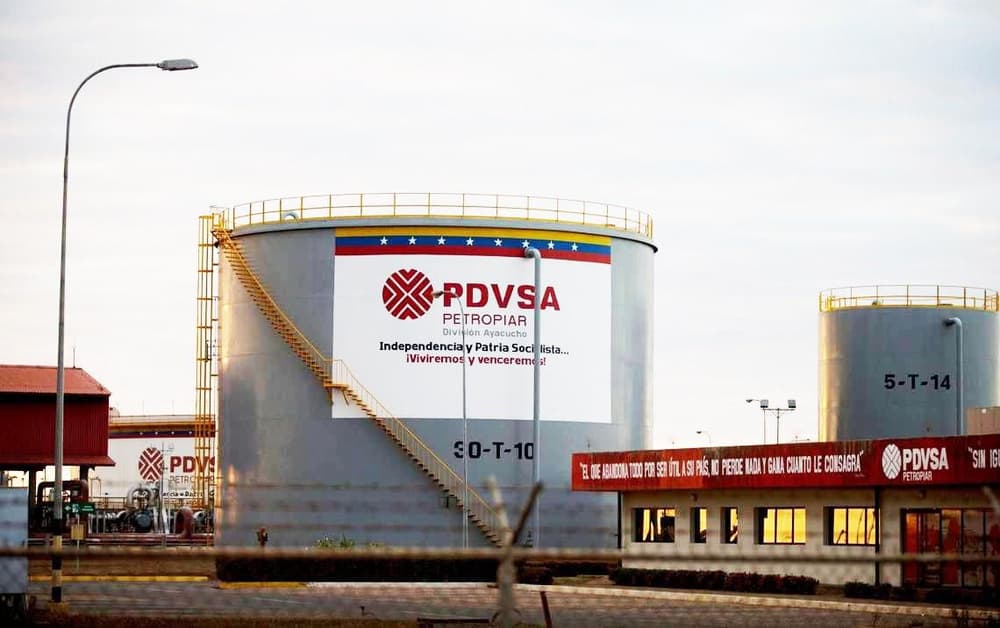Even if recently-imposed US sanctions are lifted, the accelerating exodus of Venezuela's oil workers means that the country's declining crude production is unlikely to rebound anytime soon.
Venezuela was once one of the world's top five oil exporters, pumping 3.5 million barrels a day in 1998 when President Hugo Chavez was elected and launched Venezuela's Bolivarian revolution.
Today, the state-run oil company PDVSA produces less than a third of that. Critics blame corruption and years of mismanagement by the socialist government.
Even worse, production is about to sink even further due to fresh sanctions by the Trump administration targeting PDVSA and its Houston-based subsidiary Citgo with the aim of depriving the increasingly wobbly President Nicolas Maduro of more than $11 billion in exports this year.
Venezuela's oil workers began flooding out in 2003, shortly after Chavez fired thousands of them — many by name on national television — for launching a strike that paralyzed output. The oil workers accused Chavez of riding roughshod over the nation's democratic institutions, while Chavez said the picketers were plotting a coup.
Tomas Paez, a professor at Central University of Venezuela who studies the Venezuelan exile community, estimates that 30,000 oil workers fled in the initial wave, many banned from working in the country's oil industry.
He said it's difficult to gauge how many more have left as Venezuela's economic problems have worsened under Maduro, but from the tar sands of northern Canada to the deserts of Kuwait, Venezuelan roughnecks now live in more than 90 oil-producing countries.
“Let's say, where there is oil, there is a Venezuelan,” Paez told the Associated Press.
Many have made new lives in their adopted countries with no plans to return to a gutted Venezuela. And with each new departure, fewer remain behind with the know-how to pump the world's most abundant oil reserves, once the economic backbone of a thriving country.
“We are losing man hours, hours of training, millions and millions of hours that we can't calculate,” said union leader Ivan Freites, secretary of the Federation of Professionals and Technicians of Oil Workers of Venezuela. “It's impossible to recover our trained personnel working abroad.”
In a recent speech laying out the economic plan for his second six-year term, Maduro vowed to catapult Venezuela's production to five million barrels a day. But he provided few details other than promising to take charge personally and root out corruption.
The embattled president retains support from powerful allies, including Russia and China, which are both heavily invested in Venezuela's oilfields.
While the most-talented engineers left long ago — many contributing to a production boom in neighbouring Colombia — there's still demand for labour throughout the industry.
“We're still in a talent-short market, especially with people willing to go into hardship locations — like Kurdistan,” said Dane Groeneveld, CEO at California-based PTS Advance, an oil industry recruiter, referring to Iraq's Kurdish region.
“It's those people who are now getting picked up by national oil companies around the world,” Groeneveld added.

